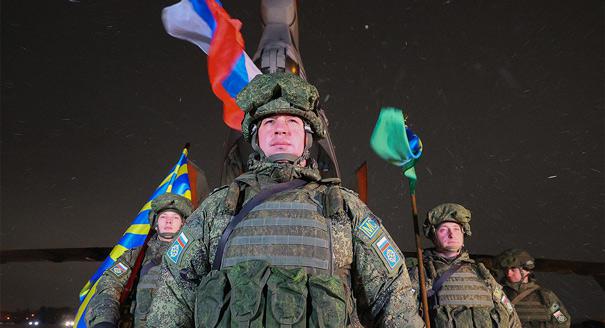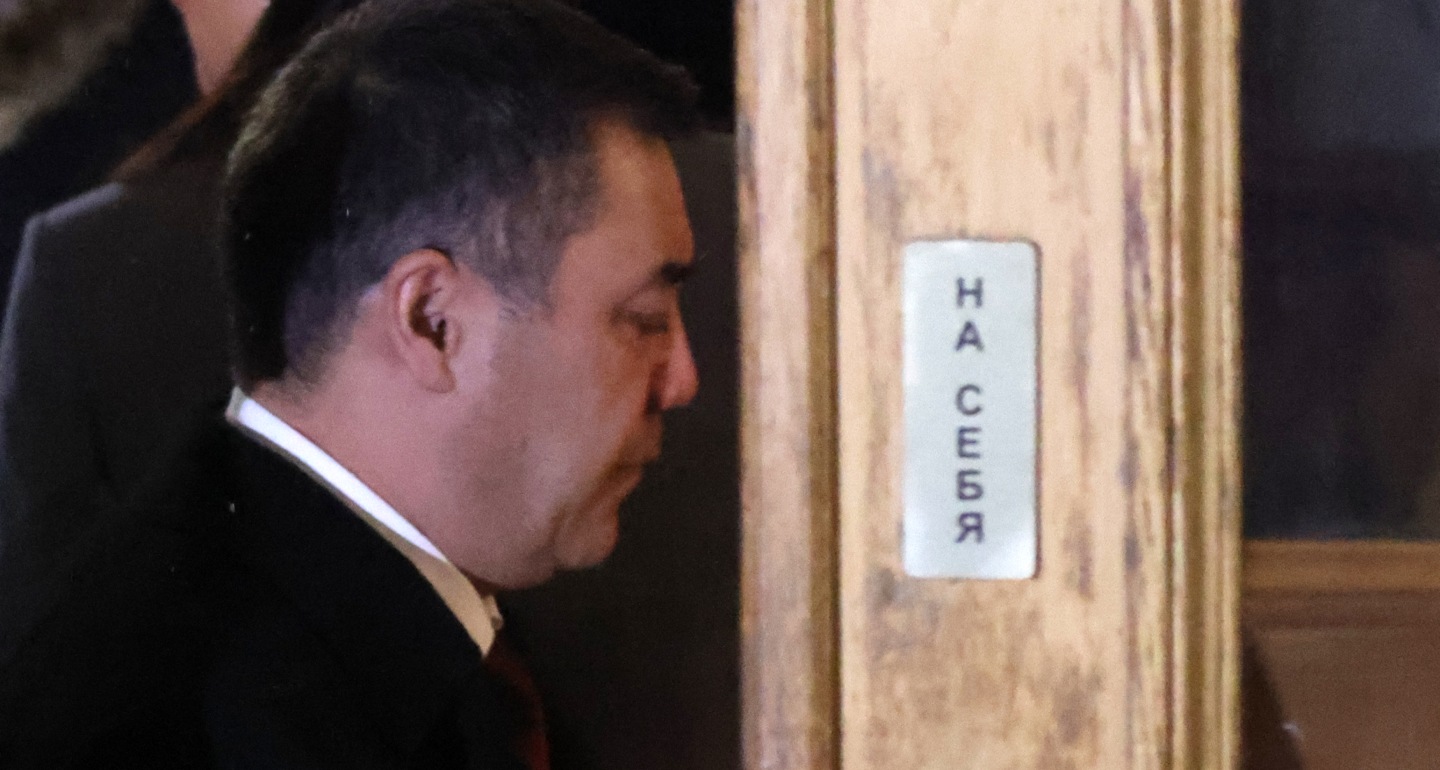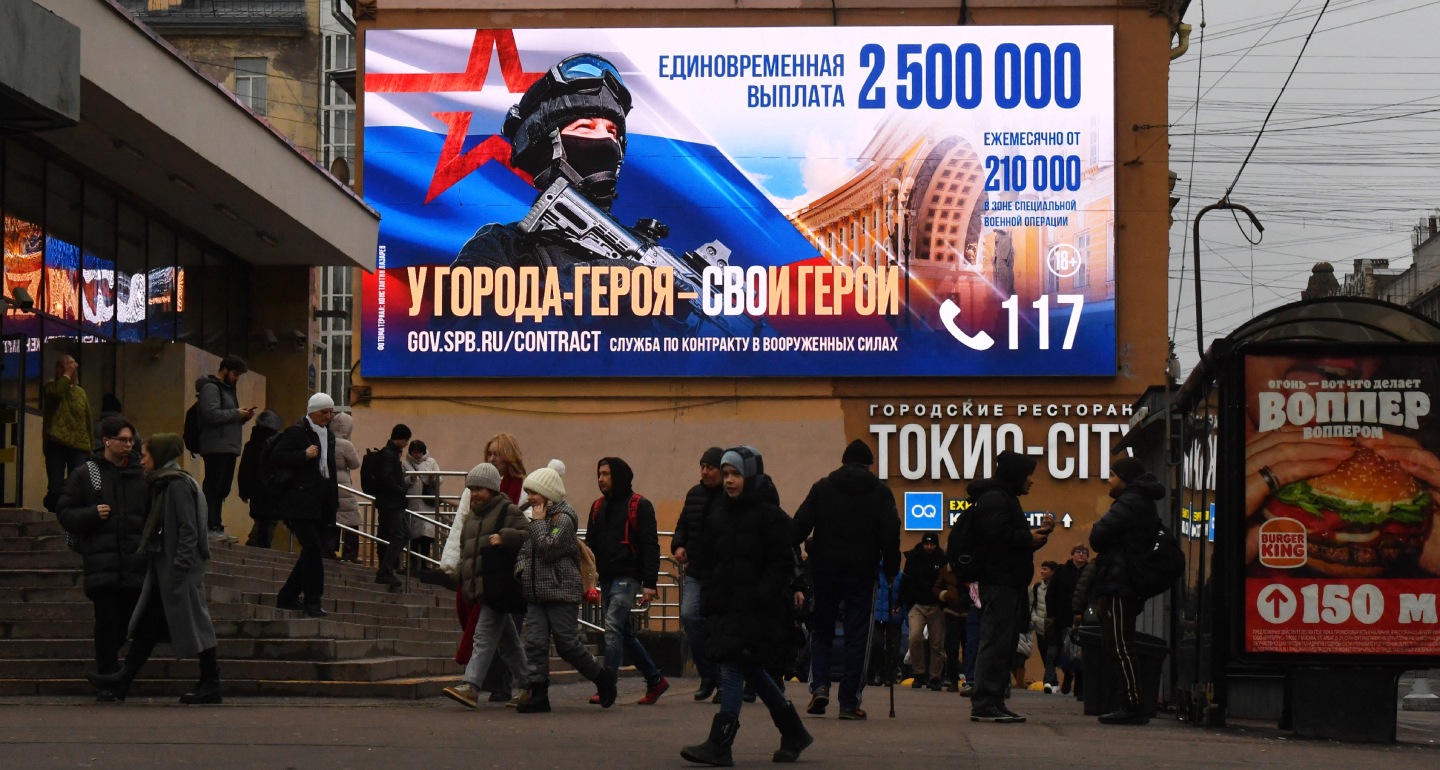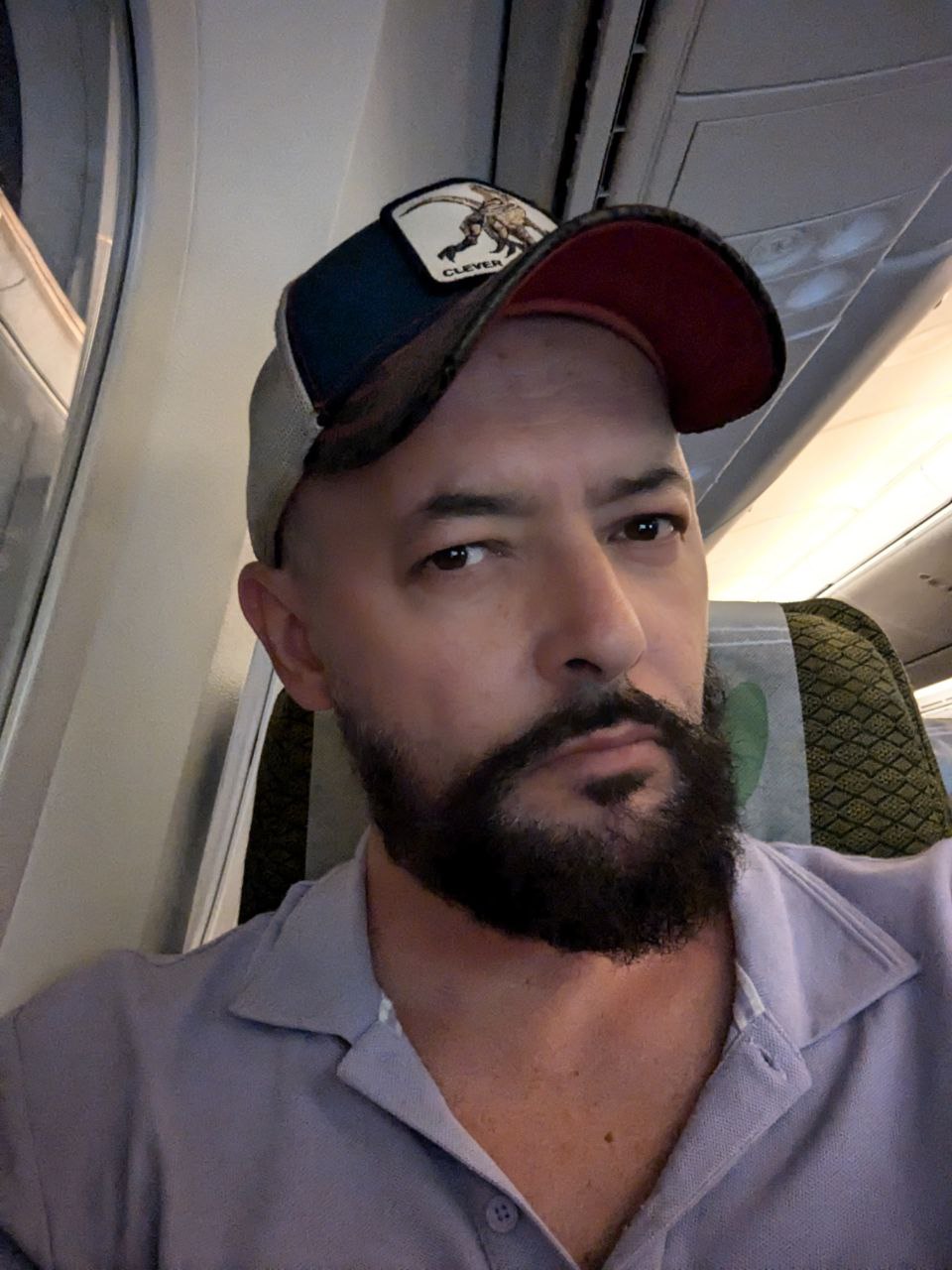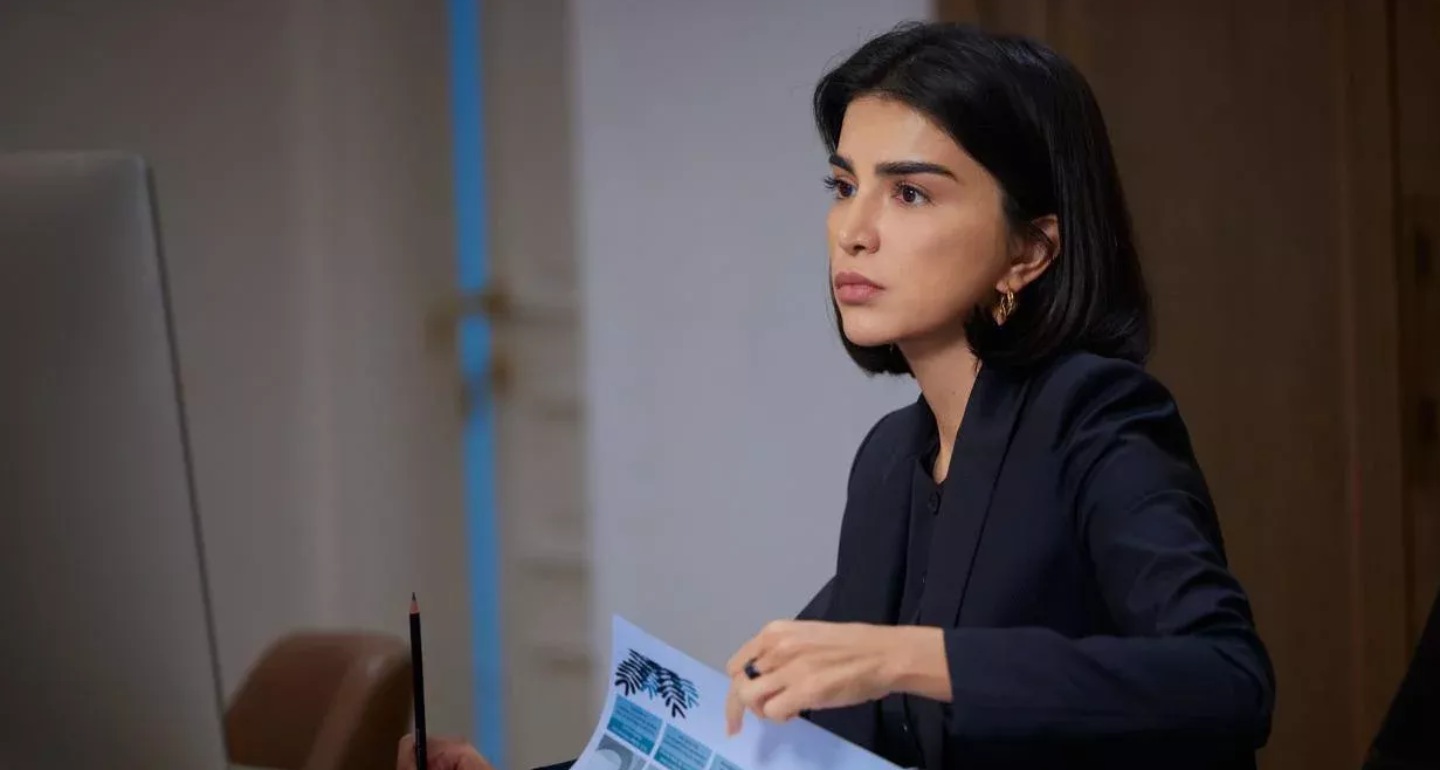The biggest protests in the history of modern Kazakhstan will not, in all likelihood, lead to regime change, but they will mean a change in how Kazakhstan positions itself on the global stage. In today’s world, it’s not possible to be a modernizing autocracy that enjoys friendly relations with the West while at the same time inviting Russian troops into the country.
Successful authoritarian modernization is usually only possible in autocracies that are friendly with the West, such as capitalist “Asian tigers,” Spain in the twilight years of Franco’s reign, several Latin American dictatorships, or even communist China in the 1980s and 1990s, supported by the West as a counterweight to the Soviet planned economy and expansionism. The strategy followed by former president Nursultan Nazarbayev—post-Soviet Kazakhstan’s father of the nation—was to combine authoritarian modernization with a foreign policy that avoided making enemies of Western countries or Kazakhstan’s powerful neighbors, Russia and China.
Even when the relationship between Russia and the West began to deteriorate, Kazakhstan was able to avoid being drawn into the standoff. The Kazakh leadership genuinely wanted to maintain friendly ties with both the West and Russia, and not simply to exploit the animosity between the two, as Belarus has done. Kazakhstan’s balanced foreign policy is also driven by economic concerns: most of the country’s oil is exported as part of joint ventures with Western companies, and there is a special economic zone where British law holds sway near the capital, Nur-Sultan.
Kazakhstan has effectively used its natural and human resources to become a regional leader. Unlike other Central Asian countries, it has never been a major source of migrant labor for Russia. Nazarbayev’s 2019 departure from the post of Kazakh president to hold the title of “father of the nation”—just prior to Russian President Vladimir Putin changing the constitution to reset the clock on his own presidential terms, and Belarusian President Alexander Lukashenko’s violent crackdown on peaceful protesters—gave the Kazakh regime an air of moderation and respectability in the post-Soviet space, and made it more acceptable to Western democracies.
When it came to relations with Russia, Nazarbayev was able to combine a type of decolonization—ensuring that ethnic Kazakhs occupied top official positions in Kazakhstan—with keeping the peace with the country’s sizeable ethnic Russian minority. Up until the current conflict between Russia and the West, Kazakhstan was able to present itself to Russia as the perfect neighbor: it was a bilingual, neutral country that had no desire to join political or military groups that would not accept Russia. It was also prepared to take part in post-Soviet integration, even if Nazarbayev put a lot of energy into ensuring that organizations comprising former Soviet states, such as the Eurasian Economic Union and the Collective Security Treaty Organization (CSTO), focused on economics and security with as little politics as possible. Unlike Eastern Europe—which inherited the Cold War choice of either NATO and the EU, or Russia—Central Asia faced no such existential problem.
As the Russia-China partnership becomes more directed against the West, however, the regional allies of both countries are finding it harder to maintain a balance in their foreign policy. The dramatic exit of the United States from Afghanistan made Russia and, to a lesser extent, China, the sole security guarantors for Central Asia. In some ways, this is easier for the local regimes: Russia and China do not make idealistic demands concerning human rights.
Immediately after the beginning of the protests in Kazakhstan, dozens of Russian observers and state media outlets accused the West of destabilizing the situation, pushing for a “color revolution,” and rehearsing for regime change in Russia. At the same time, most Western media and commentators have shoehorned events in Kazakhstan into the universal model of a people’s uprising against tyranny. This made it harder for Western politicians not to express some degree of support for the protesters, particularly when troops from Russia and other CSTO members arrived on Kazakh soil as peacekeepers.
In fact, what is happening in Kazakhstan has come to resemble a domestic coup on the back of a wave of social protest. Karim Masimov, the head of the country’s main security service and a close ally of Nazarbayev, has been fired and arrested on suspicion of treason. Masimov was largely seen as Nazarbayev’s main overseer in the team of his appointed successor, President Kassym-Jomart Tokayev. The removal of Masimov and other Nazarbayev allies looks set to liberate Tokayev from the guardianship of the former president, his family, and associates. Nazarbayev himself—the architect of Kazakhstan’s balanced diplomacy—has disappeared from public view.
Putin may not like this turn of events, and not just because the power transition model used in Kazakhstan, which the Kremlin had been watching with interest, no longer looks like an option for him when the time comes to hand over the reins. Putin had excellent working and personal relationships with both Nazarbayev and Masimov, who was the Kazakh prime minister when Putin held that title in Russia in 2008–2012. In addition, accusing the security services of plotting against the state is at odds with their influential role within the Russian power structure. By inviting Russian (CSTO) troops to Kazakhstan, therefore, President Tokayev isn’t just getting valuable reinforcements. He’s reassuring Putin that the attack on his former allies there doesn’t mean a change in political direction. On the contrary, Kazakhstan and Russia will become closer.
The activation of the CSTO is an unpleasant surprise for the West. During its 2020 war with Azerbaijan, Armenia complained that the CSTO appeared to be a paper tiger. In this instance, it has sprung into action to head off an apparent threat of regime change. According to Putin’s worldview, Russia cannot be vanquished in a war, but it can be destroyed from within, which means a domestic political crisis is equivalent to an invasion. Collective security, therefore, doesn’t just mean preserving the territorial borders of the CSTO, but protecting the ruling regimes in each member state.
As a result of the decision to send Russian troops to Kazakhstan, there will be predictions that Russia is following in the footsteps of the Soviet Union in Afghanistan and heading for disaster. But this is by no means certain. Russia’s seven-year intervention in Syria has not been a disaster, nor has the Russian peacekeeping mission in Nagorno-Karabakh. Having said that, no military operation is without risk. Just as the nature of Kazakhstan’s response to the protests has moved it closer to Moscow, so the arrival of Russian troops will push the Kazakh opposition—and any future protesters—in an anti-Russian direction.
The protests in Kazakhstan are social, anti-authoritarian, anti-nepotism, and against high levels of debt—but they are not anti-Russian. That may change as a result of the authorities receiving military assistance from Moscow, the former imperial capital. Now, those dissatisfied with the regime may start to see Moscow—and the many ethnic Russians living in Kazakhstan—as the enemy.
Right now, the protesters have neither a clear enemy, nor a clear leader. At various points, crowds have shown dissatisfaction with Nazarbayev (chanting “Old man, leave!” and toppling statues of the former president), his successor Tokayev, the government, local authorities, and—in oil-producing regions—foreign companies that are seen as exploitative. In a similar way, the Kazakh authorities have identified their enemies in the vaguest terms possible, as “terrorists and thugs financed from abroad.” Nevertheless, unlike Russia, Kazakhstan has yet to directly accuse the West of being behind events. This restraint is the Kazakh leadership’s last-ditch attempt to preserve years of balance in the country’s foreign policy.
Nor has the West yet jettisoned Kazakhstan. The use of Russian troops to crush protests in European parts of the former Soviet Union—from Georgia to Belarus—would have led to sharp public criticism and threats of new sanctions from the United States and Europe. But that’s not how it works in Central Asia. The deployment of Russian troops has not led to high-level discussions about Russian aggression for several reasons, from the violent nature of the protests to the fact that no Western government has denied the legitimacy of both Nazarbayev and Tokayev.
There is another important reason. A more pressing problem for the West is Russian aggression in another part of the world: Ukraine. If Russia were punished over Kazakhstan, the series of talks with Russia this week would have been unlikely to go ahead. The objective of these meetings is to establish security guarantees so that Russia doesn’t try to alter the facts on the ground in Ukraine with military force. The imposition of new sanctions over Kazakhstan would have derailed this attempt and untied Russia’s hands when it comes to Ukraine, the part of the world on which Moscow has been focusing all its efforts in recent months.
For Russia, Kazakhstan is both an opportunity to realize its ambitions and a risk that it will be exposed as being incapable of living up to them. For post-Soviet countries, it’s an example of how difficult it is becoming to maintain an equilibrium in the contested space between Russia and the West. The viability of the “Western-friendly autocracy” appears to be almost at an end.
